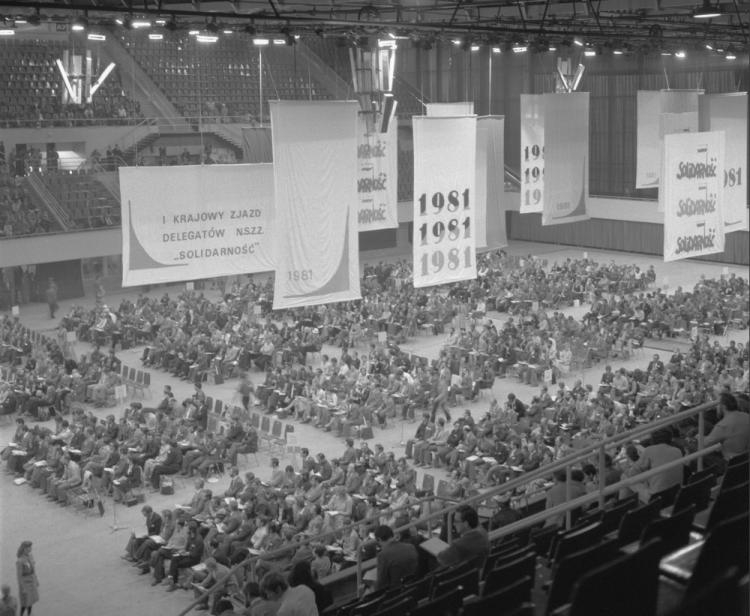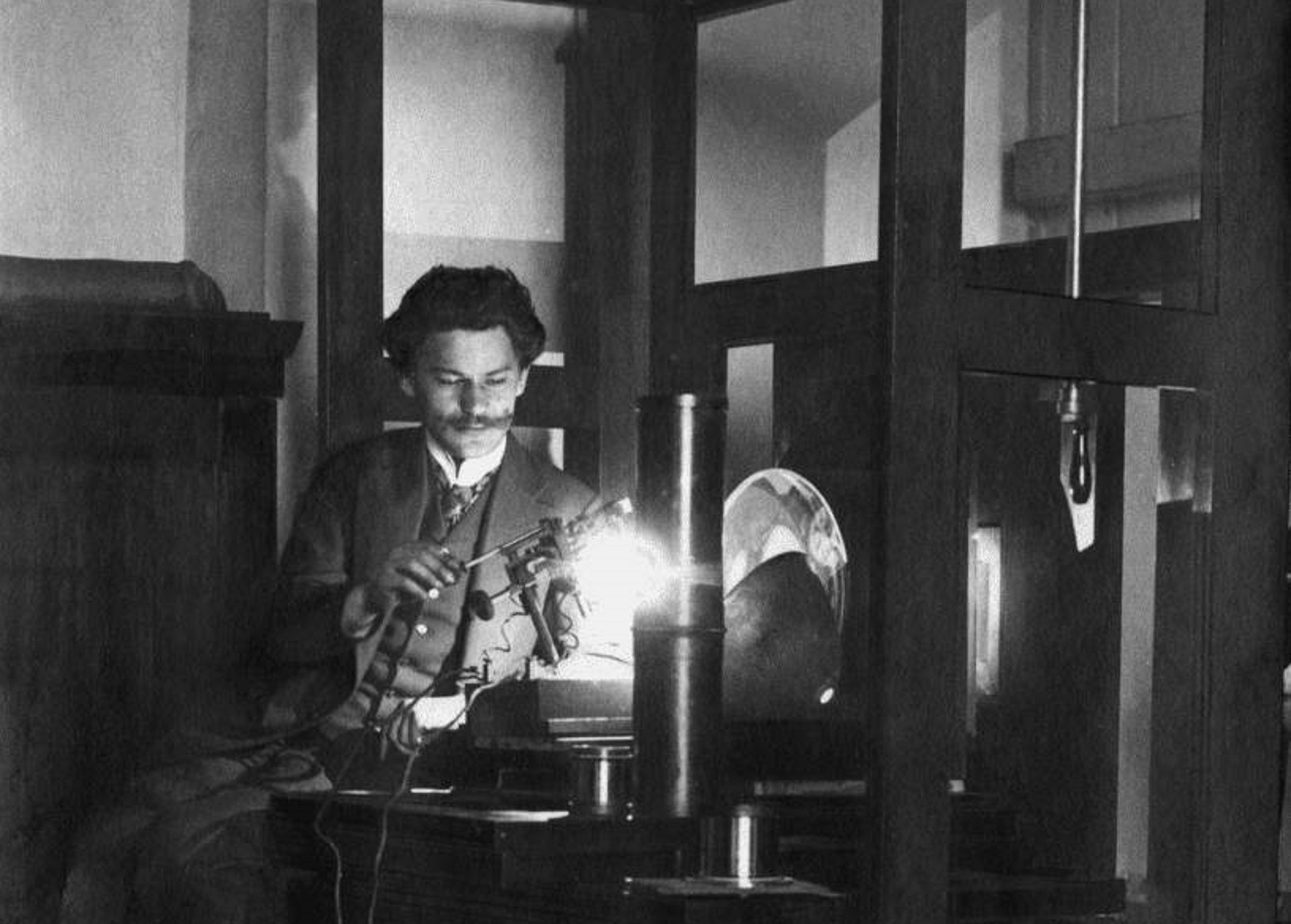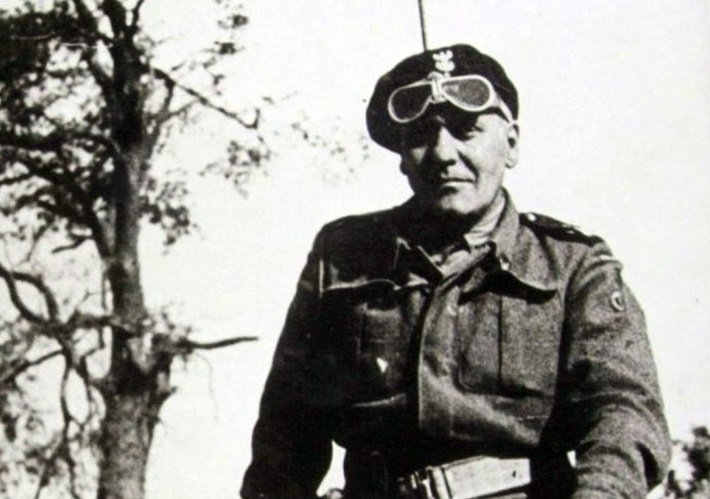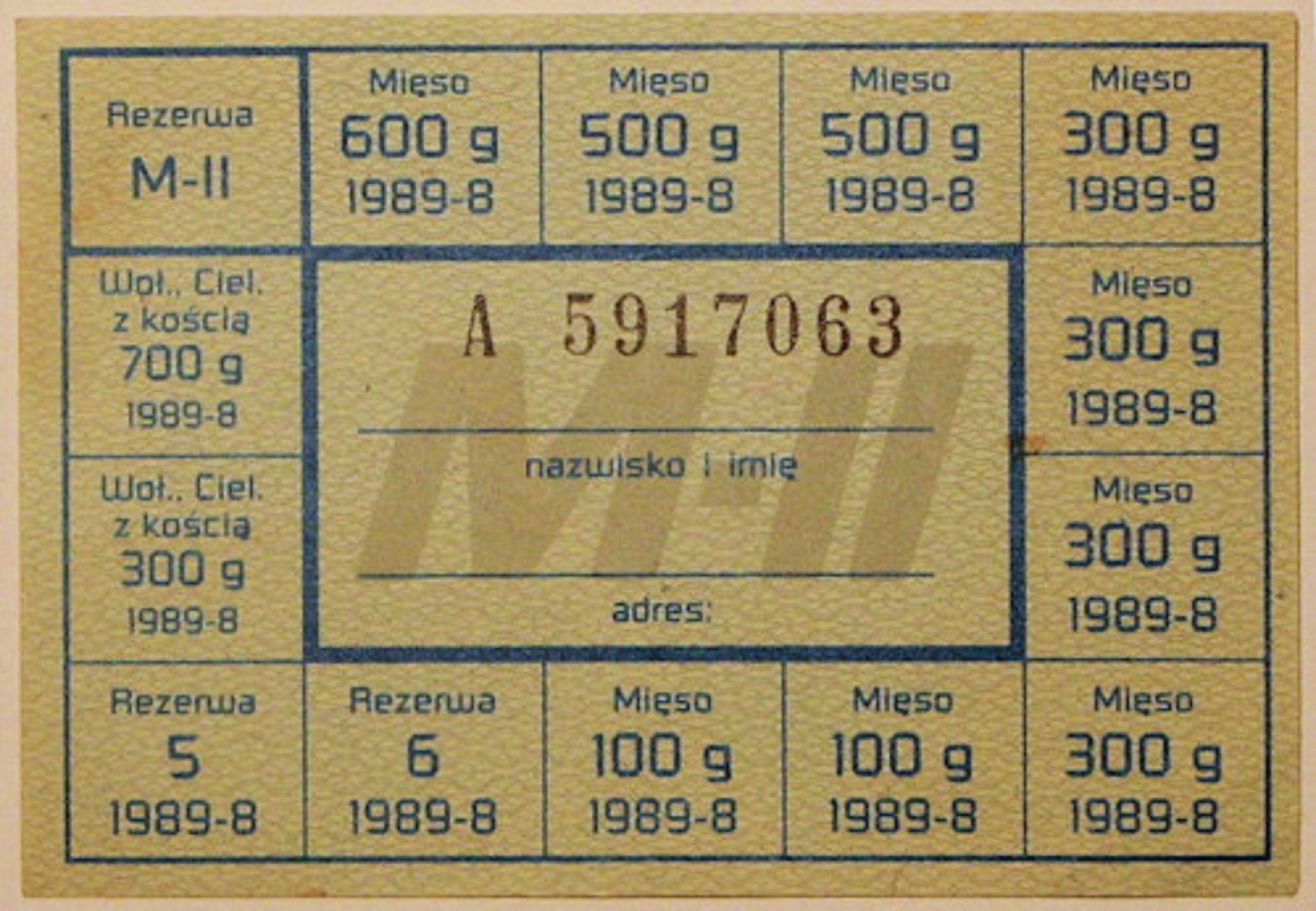A wave of strikes washed through Poland in the summer of 1980. Among others, their participants demanded the establishment of labour unions independent of the communist authorities. The protest, which affected thousands of work places, forced the communist party to concessions and to sign an agreement with the workers, including the strongest of their organisations, the Interfactory Strike Committee of Lenin Shipyard in Gdańsk (31 August 1981). The founding of the Independent Self-Governing Labour Union “Solidarity” (Niezależny Samorządny Związek Zawodowy “Solidarność”, NSZZ “Solidarność”) in the autumn of 1980 was the first event of this kind in not only Poland but the whole Soviet-dependent Eastern Europe. It was a break with the monopoly of the communist rule that had lasted since the end of the Second World War, which aroused the anxiety of leaders of other Soviet bloc countries that their citizens would want to follow Poles.
One of the most important events that took place during the legal activity of the union was the 1st National Congress of Delegates of Solidarity organised in the autumn of 1981 in Gdańsk (precisely on 5–10 September 1980 and 26 September – 7 October). The congress above all ended the almost one-year-long process of selecting the authorities of the union and formulated a plan for the next period of its activities. But, apart from impact on the current functioning of the organisation, the congress also resulted in the adoption of a series of documents of broader significance. One of them was the Appeal of the 1st National Congress of Delegates of Solidarity to the working men of Eastern Europe passed on 8 September. Through the document, Poles directly appealed to other nations subjugated to communism. Although it was very hard for the text to reach its addressees, it infuriated the leaders of communist parties in the Soviet bloc. Workers in the USSR were forced to take part in rallies where the Appeal was condemned. Leonid Brezhnev considered it a provocation and an attempt at promoting the idea of Solidarity in the countries of the communist bloc. Anti-solidarity rallies were also organised in Bulgaria, Czechoslovakia and Hungary. Protest letters were being sent to Poland, and the Politburo of the Polish United Workers’ Party (Polska Zjednoczona Partia Robotnicza, PZPR) regarded the document passed in Gdańsk as “mad provocation aimed against the allies of Poland.”
Three months later, General Wojciech Jaruzelski, the First Secretary of the Central Committee of PZPR and prime minister of the Polish People’s Republic, imposed martial law in Poland. Solidarity was officially liquidated, and ten thousand activists were interned. And yet the union survived in the underground and led to the fall of communism in Poland Europe in 1989.





